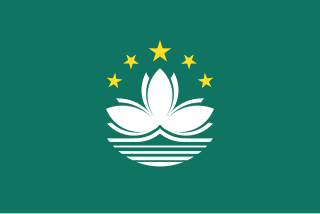Australia has submitted films for the Academy Award for Best Foreign Language Film since 1996. The award is handed out annually by the United States Academy of Motion Picture Arts and Sciences to a feature-length motion picture produced outside the United States that contains primarily non-English dialogue. [1] As of 2017 [update] , eleven Australian films have been submitted for the Academy Award for Best Foreign Language Film, and one, Tanna , has been nominated for the award. [2] The Australian submission is selected by a committee of Australian industry professionals convened and selected by Screen Australia.

The Academy of Motion Picture Arts and Sciences is a professional honorary organization with the stated goal of advancing the arts and sciences of motion pictures. The Academy's corporate management and general policies are overseen by a Board of Governors, which includes representatives from each of the craft branches.
In motion picture terminology, feature length is the length of a feature film. According to the rules of the Academy of Motion Picture Arts and Sciences, a feature-length motion picture must have a running time of more than 40 minutes to be eligible for an Academy Award.

Tanna is a 2015 Australian-Ni-Vanuatu film set on the island of Tanna in the South Pacific, depicting the true story of a couple who decided to marry for love, rather than obey their parents' wishes. Starring Marie Wawa and Mungau Dain, the movie, which is in some ways similar to Romeo and Juliet, is based on an actual marriage dispute.






